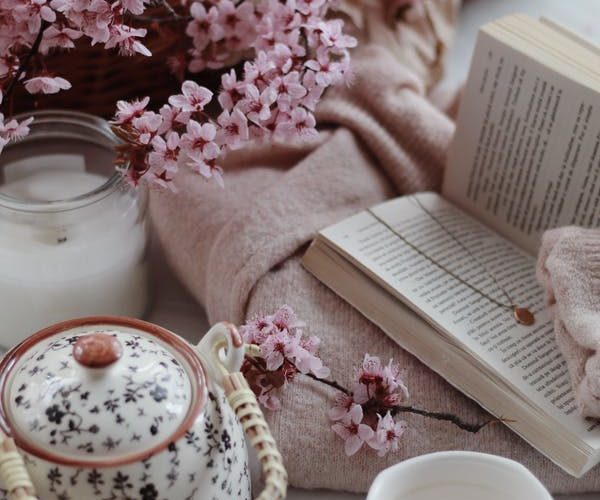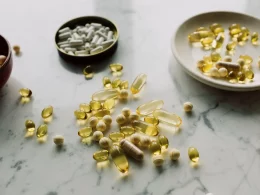Herbal tea is one of the most traditional forms of herbal medicine. These benefits for the body are very numerous.
What is a real herbal tea?
To make herbal tea, the aromatic compounds are extracted from plants. Various methods such as infusion, decoction or maceration can be used.
During maceration, the plant material is soaked in cold water for several hours.
During the infusion, hot water is poured over the plant material. Then leave it on for a few minutes.
With the brew, the water in which the plant material rests is boiled for a few minutes. Either fresh or dried plant material can be used. Plant cells always maintain their integrity even without water. As a result, their active ingredients are preserved for a long time.
Shelf life of herbal tea
The storage time depends on two factors. On the one hand the way the plant was treated. And on the other hand the way it is held.
The more it is crushed, the less it is preserved. Airtight containers are more preservative than sachets. We recommend a maximum of 2 or 3 months for storage in bags. When stored in airtight containers, it can last about a year.
Which plants can we use and why?
Here we present 5 herbal teas and their benefits. They have very few side effects and there is already scientific literature on their subjects. Hence the choice of these 5 plants.
Ginger tea:
Ginger tea is commonly used to relieve nausea. It is also indicated in case of fatigue and intestinal problems. These therapeutic effects are due to the presence of gingerols and several organic acids in these rhizomes.
To prepare it, boil 3 g of dried rhizome fragments in a cup of water for 20 minutes. Then we do the filtering. A cup of the brew is taken in the morning, at noon and in the evening after meals. Treatment can be continued until symptoms disappear.
Lemon Balm Tea:
It is an herbal tea that fights against anxiety. Lemon balm is a smooth muscle spasmolytic. It contains flavonoids, mucilage, monoterpene glycosides and an essential oil with citrals.
For better effectiveness, lemon balm tea should not be used with alcohol consumption. Its preparation is very simple. 2 to 4 tablespoons of lemon balm leaves are steeped in a cup of water for 5 to 10 minutes.
Peppermint Herbal Tea:
This herbal tea is used to counteract irritable bowel syndrome. Peppermint contains tannins, flavonoids and menthol. Hence its effectiveness in indigestion, nausea, flatulence and cramps.
25 g of peppermint leaves are infused in a liter of boiling water for 10 minutes. A cup of herbal tea should be taken after each meal.
Valerian herbal tea:
It is an herbal tea that improves sleep. Valerian is considered the perfect plant tranquilizer. These roots contain bornyl isovalerate, valerenic acid and valenol. Hence its effectiveness in sleep disorders, anxiety and irritability. It is also used in addition to smoking cessation and chemotherapy.
It can be taken as a decoction. In preparation, 40 g of crushed dried roots are boiled in a liter of water for 20 minutes. After straining, the herbal tea is ready.
In the infusion, 20 g of crushed dried roots are infused in a liter of boiling water for 20 minutes. After straining, the herbal tea is ready. We drink a glass with every meal or before bed.
Nettle tea:
Nettle synthesizes acetylcholine, formic acid and serotonin. Hence its diuretic, anti-inflammatory and analgesic properties. It is therefore used as a complementary treatment for gout.
The preparation of nettle tea is very simple. Steep 2-3 spoonfuls of dried roots in a cup of hot water for 5-10 minutes. Rare but possible side effects include allergies and gastrointestinal distress.
* Presse Santé strives to convey health knowledge in a language accessible to all. In NO CASE can the information given replace the advice of a doctor.





